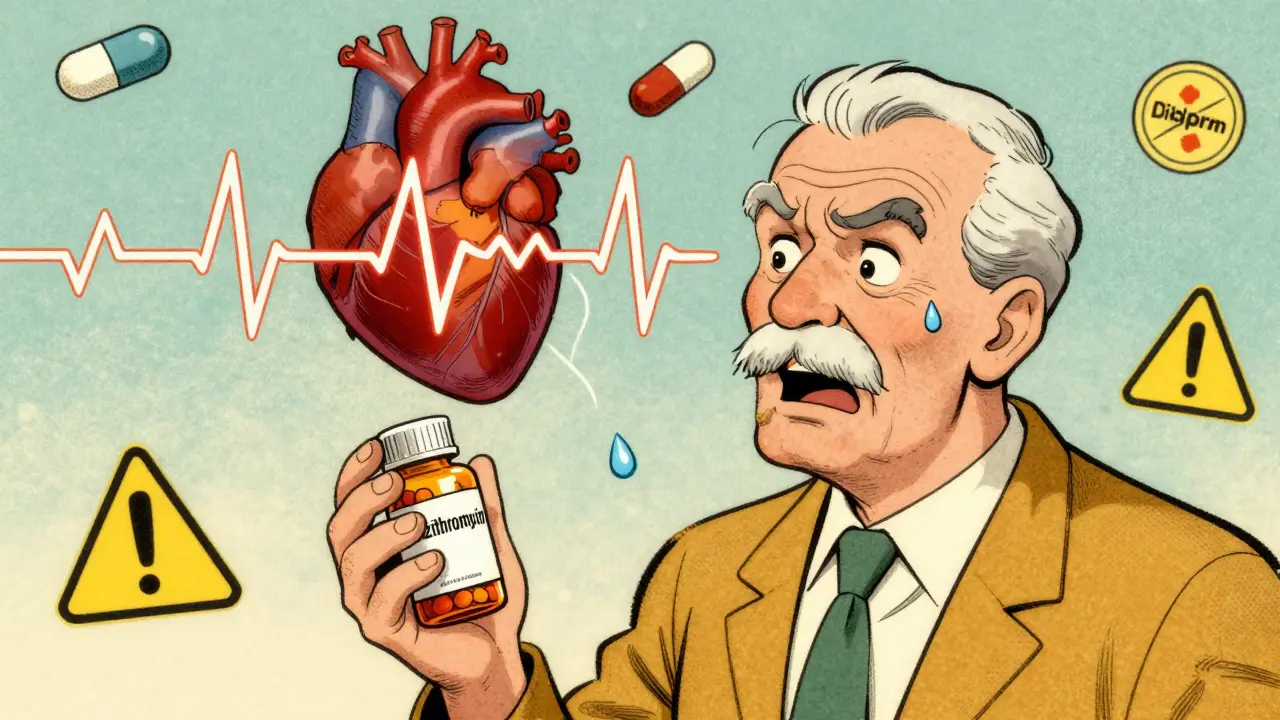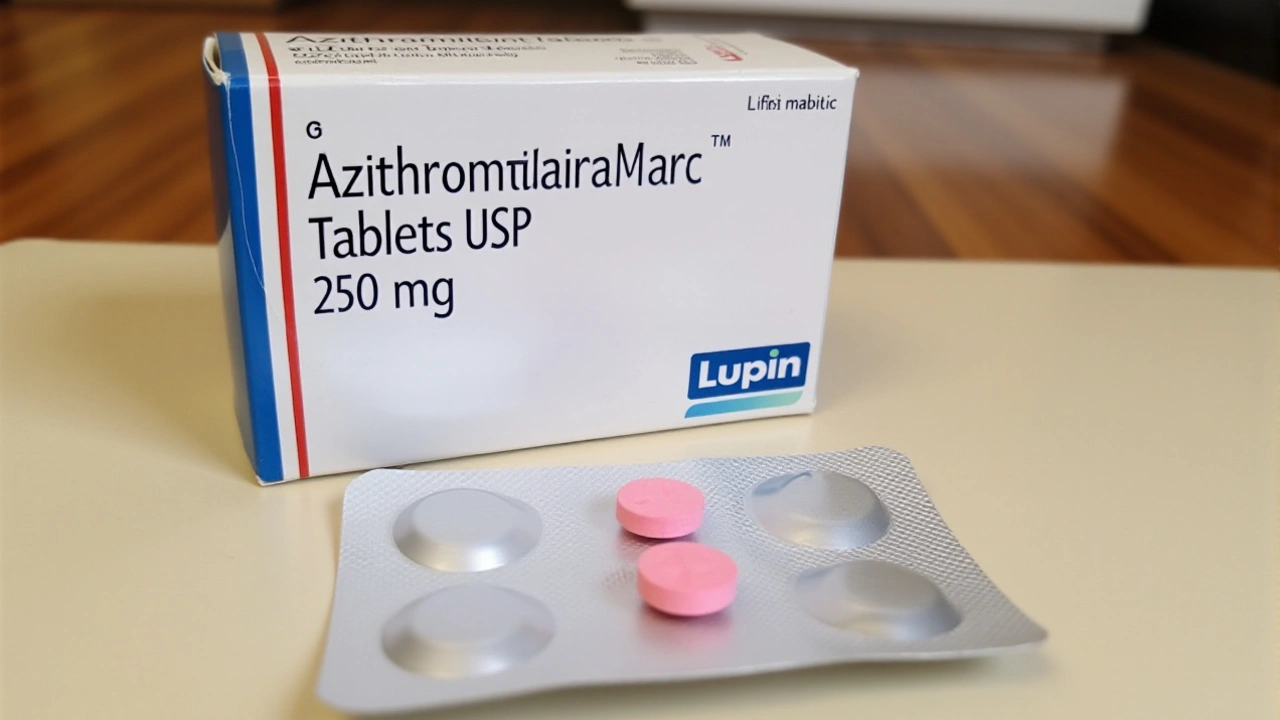QT prolongation — what it means and why you should care
QT prolongation shows up on an ECG as a longer-than-normal time for the heart’s electrical system to reset between beats. When that interval stretches too long, the heart becomes more likely to develop a fast, dangerous rhythm called torsades de pointes. That can cause fainting and, rarely, sudden cardiac arrest. So yeah—this is something worth paying attention to, especially if you take medicines that affect the heart’s electrical timing.
Which drugs and conditions raise the risk?
Many drug classes can lengthen the QT interval. Common culprits are certain antibiotics (like some macrolides and fluoroquinolones), some antiarrhythmics, many antipsychotics, several antidepressants, some antifungals, and certain anti-nausea meds (for example, ondansetron). Over-the-counter and herbal products can add to the risk when stacked with prescription drugs.
Risk also grows if you have low potassium or magnesium, a very slow heart rate, heart disease, low blood pressure, older age, or a congenital long QT syndrome. Women generally have a slightly longer QT than men and can be more vulnerable. Combining two or more QT-prolonging drugs is one of the fastest ways to raise danger.
Practical steps to reduce risk
Before you start a new medicine, tell your prescriber and pharmacist every pill and supplement you take. Ask if the drug affects QT and whether an ECG or blood tests are needed first. If you already take multiple meds, review them—sometimes a safer alternative exists that won’t touch the QT interval.
Watch your electrolytes. If you have diarrhea, vomiting, or take diuretics, low potassium and magnesium are common and easy to fix. Your doctor can check levels and replace electrolytes if needed. Avoid dehydration and ask about dose changes for drugs that raise QT risk.
Know the warning signs: sudden dizziness, near-fainting, racing heartbeats, or fainting need prompt medical attention. If you experience these, seek emergency care and bring a list of your medicines. An ECG can quickly show whether a dangerous rhythm is present.
For people with known long QT or significant heart disease, regular ECG monitoring is often recommended when starting or changing doses of risky drugs. Your care team may choose a different drug or a lower dose. Pharmacists are a great check—if you’re shopping online or using multiple providers, run your list past a pharmacist for drug-interaction screening.
Small habits help too: avoid unnecessary self-medicating, skip grapefruit juice when a drug interacts with it, and keep follow-up appointments. If you’re unsure about an online pharmacy or a product’s safety, pick a reputable source or ask your healthcare provider first.
QT prolongation is manageable when you know the risks and act early. Stay informed, keep an updated medicine list, and don’t hesitate to ask for an ECG or lab check if anything worries you.

Heart Arrhythmias from Medications: Warning Signs and How to Manage Them
- 9 Comments
- Jan, 3 2026
Many common medications can trigger dangerous heart rhythm problems. Learn the warning signs, which drugs are most likely to cause arrhythmias, and how to prevent or manage them before it's too late.

Azithromycin Linked to Increased Cardiovascular Mortality Risk: New Study Insights
- 11 Comments
- Aug, 17 2024
A recent study highlights that azithromycin use outside hospital settings is linked to a higher risk of cardiovascular and non-cardiovascular deaths. While the absolute risk remains low, the findings support earlier studies on the drug's risks.




